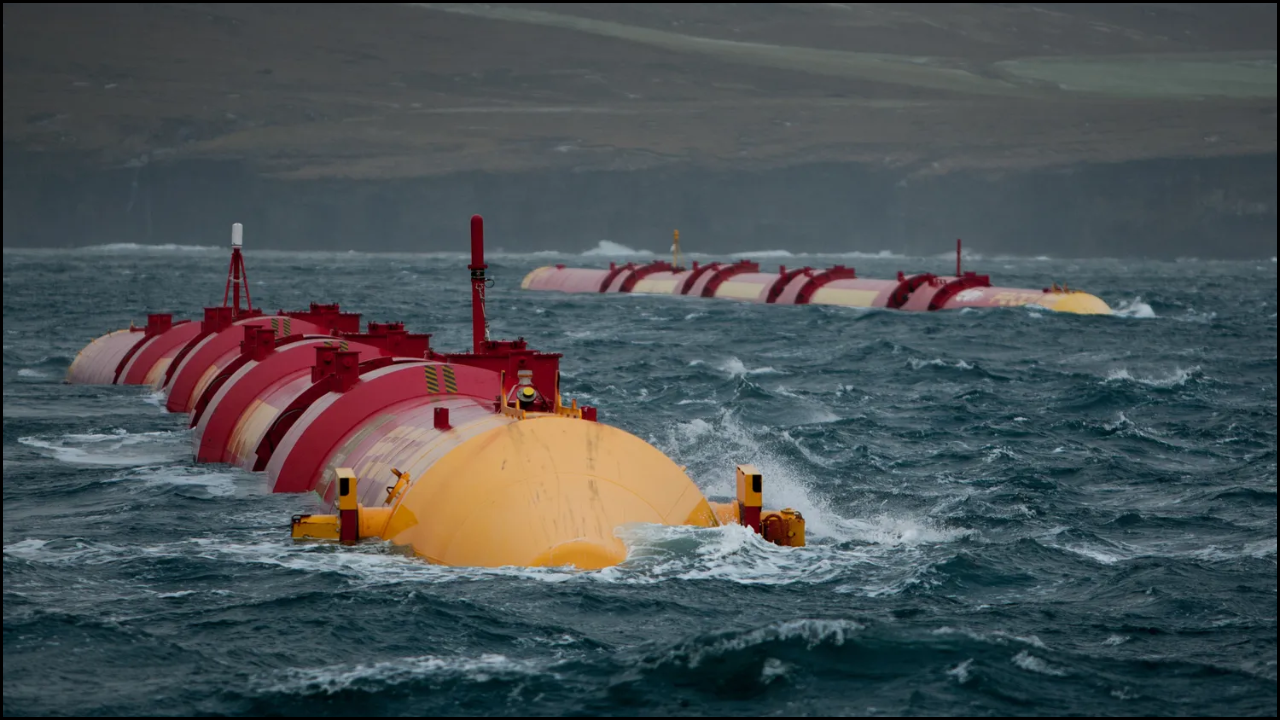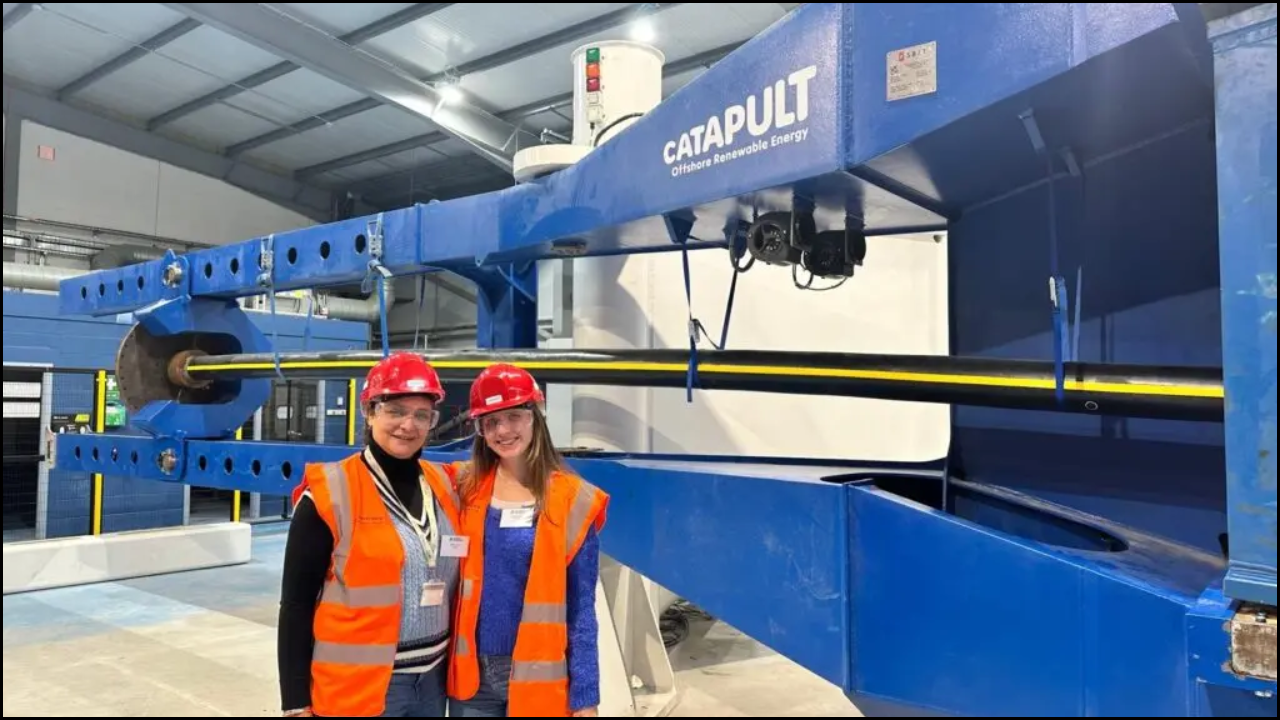
Innovation in offshore renewable energy requires not just ideas but rigorous testing and validation. Every new technology introduced into this sector must undergo comprehensive trials to ensure safety, performance, and reliability in real-world conditions. Testing and validation facilities play a crucial role in bridging the gap between concept and commercialisation. The following sections provide a detailed insight into the testing capabilities, major facilities, and specialised services offered by leading organisations like ORE Catapult that support the growth of offshore renewable energy technologies in the UK.
Table of Contents
Our Testing Capabilities
The UK stands at the forefront of offshore renewable energy development, thanks to an extensive network of world-class testing and validation centres. These facilities are built to accelerate innovation while reducing financial and operational risks.
- Comprehensive Infrastructure – Facilities are equipped with advanced research and innovation platforms capable of testing new offshore wind technologies under realistic marine conditions.
- De-risking Investments – Testing centres allow companies to validate their products before large-scale deployment, thereby building investor confidence in new technologies.
- Support for UK Manufacturing – The facilities drive inward investment by strengthening the supply chain and encouraging the establishment of manufacturing bases across the country.
- Innovation Acceleration – By providing validation services, the centres enable developers to bring technologies to market faster and more efficiently.
ORE Catapult Location Facilities
ORE Catapult operates several state-of-the-art facilities across the UK. Each location specialises in unique areas of testing, research, and validation for offshore renewable energy systems.
| Facility Name | Location | Key Features | Focus Area |
|---|---|---|---|
| National Renewable Energy Centre | Blyth, Northumberland | World-leading infrastructure and engineering expertise; part of the UK’s national renewable energy framework | Offshore renewable energy technology acceleration |
| Floating Wind Innovation Centre (FLOWIC) | Aberdeen, Scotland | First UK innovation hub dedicated to floating offshore wind; replicates deep-water conditions | Floating offshore wind development |
| Levenmouth Demonstration Turbine (LDT) | Fife, Scotland | 7MW offshore turbine used for advanced research and trials; supports SMEs and collaborative projects | Technology demonstration and validation |
National Renewable Energy Centre, Blyth
The National Renewable Energy Centre in Blyth represents the heart of the UK’s offshore renewable energy innovation ecosystem.
- Advanced Research Environment – Provides comprehensive research and testing for offshore wind, tidal, and other marine technologies.
- De-risking Support – Enables developers to test components before large-scale investment, reducing the risk of project delays or failures.
- National Importance – Serves as a cornerstone in the UK’s renewable energy strategy, supporting policy goals for carbon neutrality.
- Industry Collaboration – Facilitates cooperation between industry, academia, and government for faster technology integration.
Floating Wind Innovation Centre, Aberdeen
The Floating Wind Innovation Centre (FLOWIC) in Aberdeen is the UK’s first and only dedicated floating wind technology hub.
- Purpose-Built Facility – Designed to replicate real offshore conditions, allowing developers to evaluate system performance in deep-water environments.
- Cutting-edge Equipment – Provides testing platforms for mooring systems, floating structures, and turbine dynamics.
- Risk-free Testing Environment – Enables safe experimentation before commercial deployment, improving design efficiency.
- Sustainability and Scalability – Supports scalable innovations that can adapt to global offshore wind markets.
Levenmouth Demonstration Turbine, Fife
The Levenmouth Demonstration Turbine (LDT) serves as a vital real-world testing site for offshore wind research and innovation.
- 7MW Capacity – One of the most advanced research turbines globally, offering a realistic testing platform for wind technology.
- SME Collaboration – Supports small and medium enterprises by providing access to testing facilities for prototype validation.
- Performance Monitoring – Enables continuous data collection on turbine efficiency, structural integrity, and environmental impact.
- Innovation Incubator – Provides opportunities for research collaborations, pilot studies, and technology demonstrations.
Our Testing & Validation Services
The Testing and Validation Services offered by ORE Catapult form an integral part of the UK’s national offshore renewable energy infrastructure.
| Service Category | Description |
|---|---|
| Component Testing | Ensures mechanical, electrical, and environmental durability of components such as blades, drivetrains, and nacelles. |
| System Validation | Confirms full system performance under simulated and real-world offshore conditions. |
| Certification Testing | Supports compliance with international standards necessary for commercial deployment. |
| Prototype Demonstration | Allows early-stage technologies to be tested on demonstration turbines before full-scale rollout. |
| Failure Analysis | Identifies the causes of component or system failure to guide future improvements. |
| Data Analytics Support | Uses real-time data monitoring and digital twin technology to enhance predictive maintenance. |
Team Expertise and Approach
Behind every successful testing program is a highly experienced team of engineers, technicians, and energy specialists.
- Technical Expertise – The teams possess deep knowledge across mechanical, electrical, and marine engineering disciplines.
- Collaborative Mindset – Cooperation with industry partners ensures the sharing of insights and the creation of innovative solutions.
- Safety and Quality Focus – All testing processes adhere to strict international safety and quality standards.
- End-to-End Support – Services range from initial concept validation to final certification and deployment.
Driving Innovation and Investment
Testing and validation not only strengthen technology but also encourage greater economic investment.
- Investor Confidence – Reliable testing outcomes assure stakeholders of technology readiness.
- Reduced Downtime – Early validation prevents costly failures during offshore operations.
- Global Competitiveness – High-quality facilities attract international collaborations and technology exports.
- Sustainability Goals – Efficient testing contributes to cleaner, more sustainable energy solutions for the future.
Advantages of Testing & Validation Facilities
| Aspect | Benefit |
|---|---|
| Technical Assurance | Confirms performance standards and enhances safety. |
| Economic Efficiency | Reduces risks and optimises resource use during development. |
| Faster Commercialisation | Accelerates product launch by validating technologies early. |
| Knowledge Transfer | Promotes collaboration among academia, industry, and research bodies. |
| Environmental Protection | Ensures offshore installations meet sustainability criteria. |
Looking Ahead
Testing and validation form the foundation of offshore renewable energy innovation. Each facility—from Blyth’s National Renewable Energy Centre to Aberdeen’s Floating Wind Innovation Centre and Fife’s Levenmouth Demonstration Turbine—plays a vital role in shaping the industry’s future. Strong infrastructure, expert teams, and advanced technology ensure that new renewable solutions are safe, efficient, and ready for commercial success. Continuous testing and collaboration continue to drive the UK’s leadership in sustainable offshore energy development.




